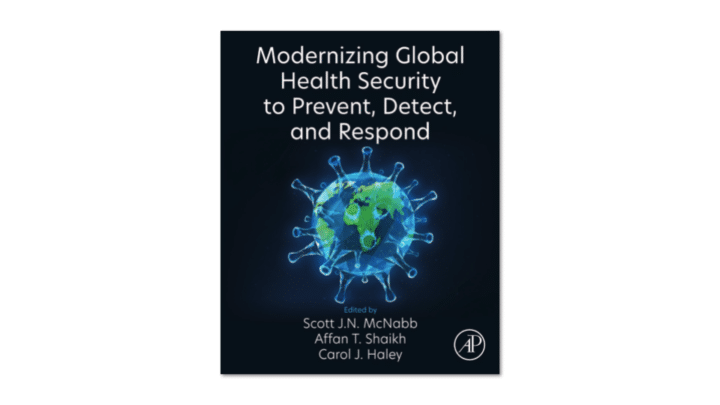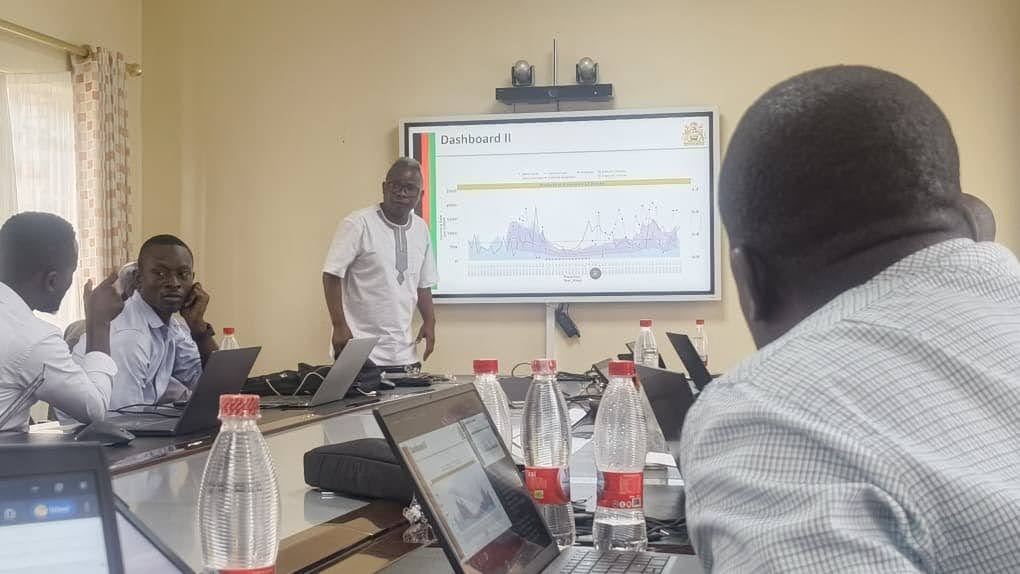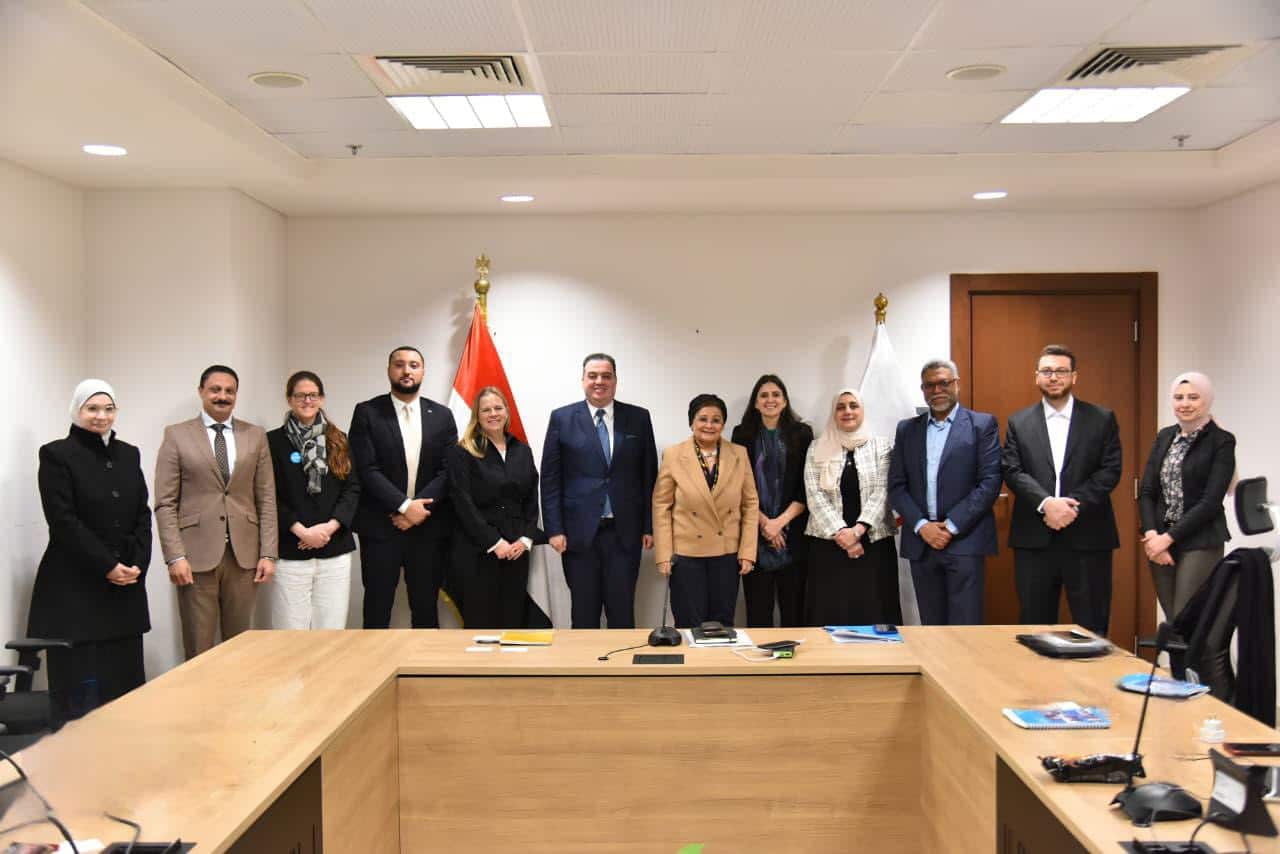The DHIS2 Annual Conference takes place from 15-18 June 2026! Learn more
DHIS2 News: DHIS2 Featured in New Book on Modernizing Global Health Security
Several chapters in a new book published by Elsevier’s Academic Press reference the power and potential of DHIS2 for improving public health capabilities to prevent, detect, and respond to emerging threats

The HISP Centre congratulates Adnan Bashir of HISP Pakistan, who co-authored a chapter in the new book, Modernizing Global Health Security to Prevent, Detect and Respond, which was published by Elsevier’s Academic Press in October 2023. This book explores factors that have led to recent public health emergencies and presents a vision for improving global public health capabilities to prevent, detect, and respond to (re)emerging threats. It covers a variety of public health topics, including global health security; One Health; and epidemic and pandemic prevention, detection, and response, among others, as well as lessons learned from past health emergencies of international concern..
The chapter on “Modernizing public health surveillance,” which was co-authored by Adnan and numerous experts from public health institutions around the world, deals with how “transforming local, national, and global surveillance to enable the rapid sharing of information between countries and with WHO can slow future epidemics.” In this chapter, the authors present DHIS2, which is already used in more than 80 countries as a health information system, as a platform for developing a One Health Integrated Disease Surveillance and Response (IDSR) system that will support the core IDSR functions to “detect, confirm, analyze, and report” through integration of data from diverse sources–including Electronic Medical Records, veterinary medical records, and laboratory systems–into one platform..
In closing, the chapter’s authors emphasize that effective IDSR initiatives rely not only on global governance, but must also function to add value for public health teams at national and subnational level. As this chapter argues, “strengthening local disease surveillance capacity and buy-in at a country level” can make the global public health community more successful “at systematic reporting and aggregation of signaling alerts for the early identification of threats.” This is a key factor in stopping emerging threats before they become global health emergencies..
In addition, several other chapters in the book contain case studies of effective DHIS2 implementations and provide examples of how DHIS2 can support unified data entry and help create an ecosystem of Health Information Systems in a country or region. We are proud to see DHIS2 used as an example of the impact and potential of modern information systems to support local and global health security..
You can watch an interview with Adnan Bashir about the use of DHIS2 in Pakistan on the DHIS2 YouTube channel.


